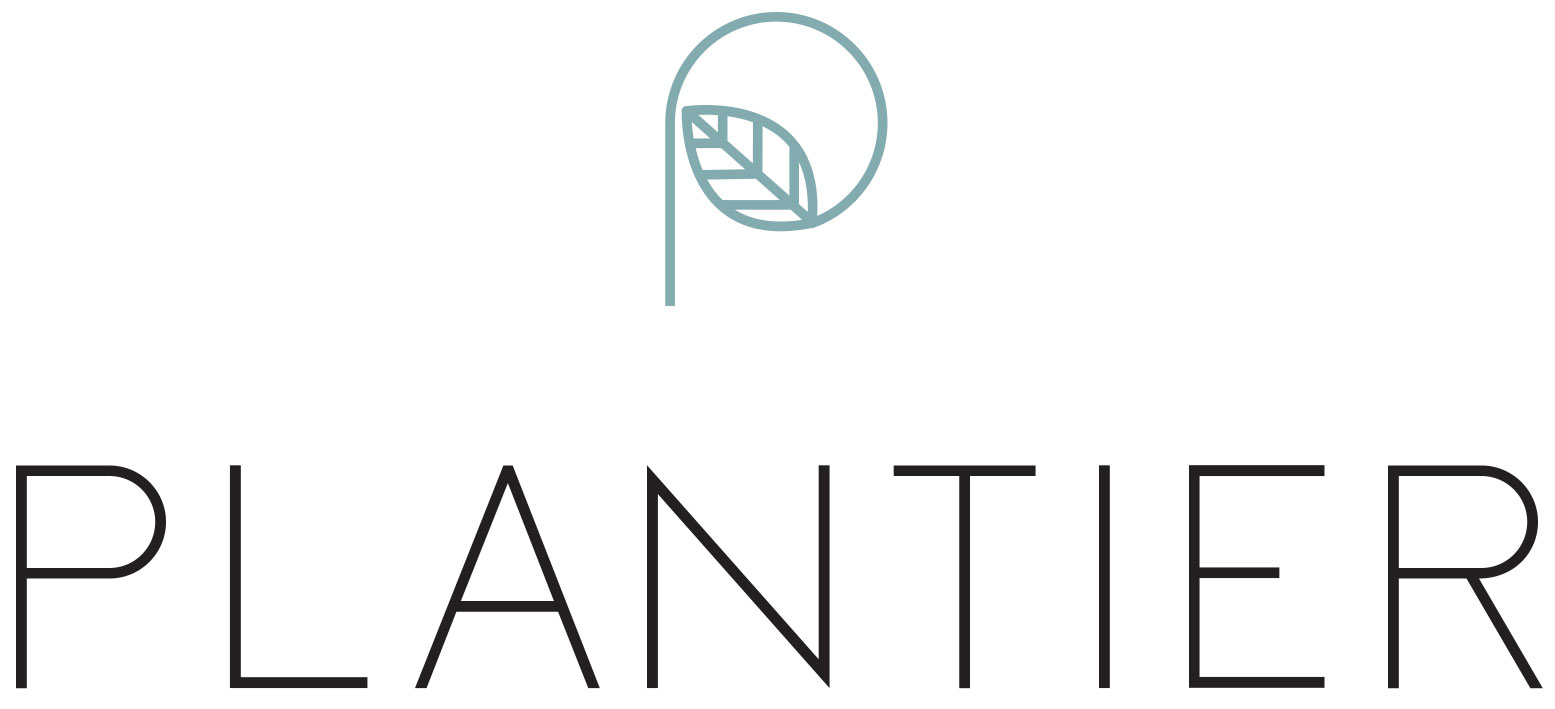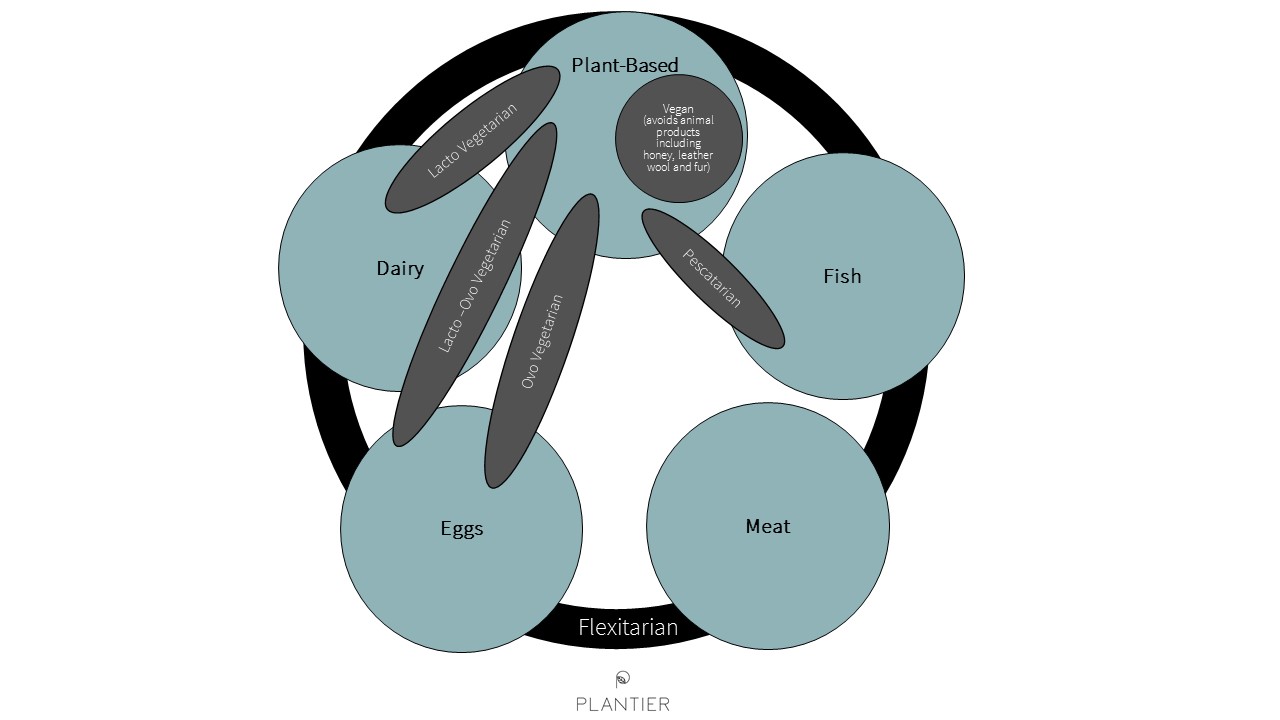What is a plant-based diet?
By Vivienne & Poornima, Co-Founders of Plantier
Conscious consumption
2019 has certainly started with a bang when it comes to food trends! January is traditionally a time for reflection and starting out the year as we mean to go on. After the excesses of Christmas, it’s also typically a time for dieting but this year the buzz is different. Rather than the fad diets, calorie counting and weighing food, the focus is on gaining not losing and by gaining, we mean health! There has been a wealth of media coverage and research from leading organisations such as the World Health Organisation and United Nations, recommending we adopt a plant-based diet for the good of our health and the planet.
The rise and rise of Veganism
Meanwhile, the hype of veganism continues as Jay Z and Beyonce recently challenged their fans to try it and the Pope has been encouraged to go vegan for lent. There is no doubt that as a global community there is an increased consciousness about our consumption and impact on the planet, however, with so many different terms for food preferences, you may be feeling a little overwhelmed. Are you confused as to how plant-based differs from vegan, vegetarian, flexitarian or pescitarian? Let’s help clear it up for you.
If you are short on time or more of a visual person, here’s Plantier’s quick reference infographic to help explain:
Plant-based diet
Plant-based seems to be all the rage these days, with supermarkets across Denmark and Europe sprouting a growing variety of plant-based and meat-alternative products led by Naturli’ and their wide range of well packaged and marketed product range. The term “whole foods plant-based” was coined and made famous by Prof. T. Colin Campbell, researcher and author of the most comprehensive nutritional study ever undertaken ‘The China Study’. Prof Campbell suggests that a plant-based diet is one that is based primarily on plants, including vegetables, whole grains, nuts, seeds, legumes and fruits. It recommends avoiding animal protein, and refined or processed foods. Plant-based, as a term, seems to be more appealing and inviting to many as it doesn’t have the apparent rigidity of being vegan.
Vegan diet
Vegan and veganism seems to have attained an almost cult status, with those who are serious vegans consuming only plant-based products and avoiding all animal products including consuming honey, and using leather goods. This seems to be a less appealing lifestyle choice for the average person seeking to make dietary changes for health or environmental reasons. Whilst a purist vegan diet includes plant-based products, with the increase in its popularity, we have seen a rise in heavily processed vegan foods. Designed to make it easier to adopt a vegan lifestyle, these products are filled with refined sugars and fats and do not contribute towards a healthy diet.
Vegetarian diet
The term vegetarian is an age-old and more culturally, and even religiously, based term dating back to the 4th-6th centuries. It is used to describe anyone who doesn’t eat meat and fish, but vegetarians do often consume dairy and eggs leading to the variations lacto-ovo, lacto- and ovo-vegetarian. Vegetarian has become almost a blanket term to describe anyone who doesn’t consume meat and fish, but the desire for more precise definitions seems to have pushed the vegan and plant-based movement.
Flexitarian diet
And for the new kid on the block? Flexitarians are those who exercise the choice to adopt plant-based meals some days of the week. This lifestyle is most closely aligned to the ‘planetary health diet’ recently reported in The Guardian as the first science-based diet to take in to consideration both personal health and global impact. According to a recent study by Nature, a flexitarian diet is defined as one that includes:
At least 500g per day of fruits and vegetables of different colours and groups (the composition of which is determined by regional preferences)
At least 100g per day of plant-based protein sources (legumes, soybeans and nuts)
Modest amounts of animal-based proteins, such as poultry, fish, milk and eggs
Limited amounts of red meat (one portion per week), refined sugar (less than 5% of total energy), vegetable oils that are high in saturated fat (in particular palm oil) and starchy foods with a relatively high glycaemic index
Adopting a more plant-based focus in the Nordics
With more consumers looking for changes in their habits and lifestyle that have a positive impact on the environment, a growing number of Nordic consumers are adopting this flexitarian approach to their diet choices. The Nordic Solutions Menu, a document setting the food solutions for the region, has highlighted some striking trends. 8% of Danish Millennials are flexitarian, and that trend is set to grow with 55% of Danes choosing not to eat meat at least once a week. In the broader Nordic area, 24% will eat less meat by 2020.
The power of choice
David Yeung, co-founder and CEO of Green Monday and one of the World Economic Forum’s Social Entrepreneurs of 2018, suggests that the flexitarian approach is appealing to many as “If we make it an all-or-nothing binary situation, most people may simply decide to take a pass due to their own inertia or their unaccommodating social or family environment.”
Regardless of the food ‘label’ you may or may not choose to adopt, one thing is for sure, our plates need more more fruit, vegetables and whole grains! At Plantier, we’re passionate about seeing these ingredients transformed into delicious plant-based meals and are working hard to get them on menus everywhere. If there’s a restaurant or catering facility that you would like to see offer more plant-based options, please get in touch, we’d love to hear from you!
Photo by Oleg Magni from Pexels

